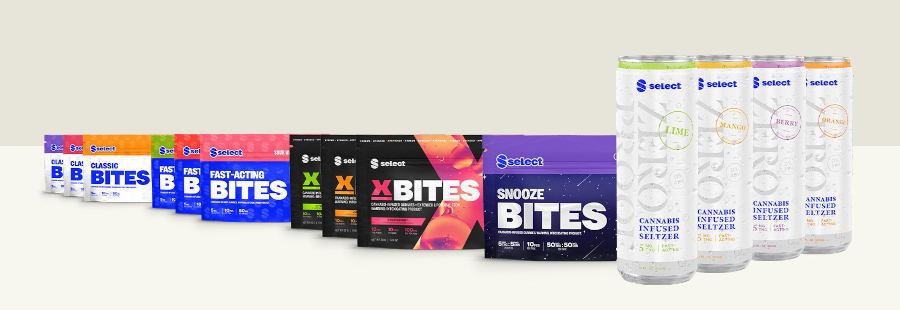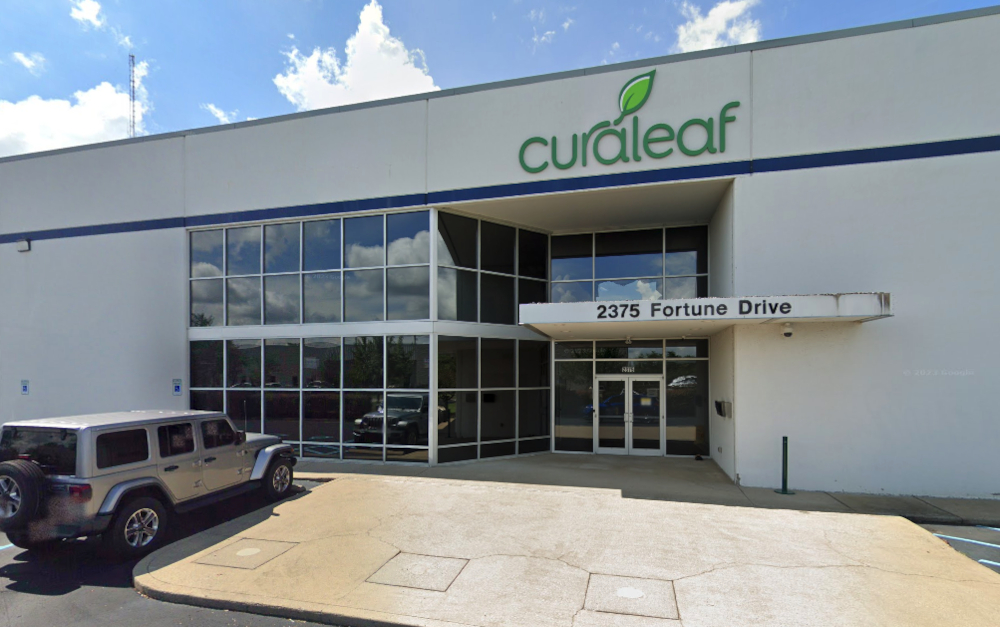Struggling U.S. marijuana giant Curaleaf Holdings Inc. has signaled it believes in the axiom “if you can’t beat them, join them,” recently announcing a new line of hemp-derived THC products.
Other marijuana interests are fighting against the unregulated hemp intoxicants, arguing they represent unfair competition because those who produce them are not burdened by rules and fees in states that have legal marijuana markets.
“Our long-term strategic success rests on expanding our brands into as many points of distribution as possible, and in meeting consumers where they are on their cannabis journey,” said Boris Jordan, Curaleaf’s Executive Chairman. Jordan said the company is targeting the products at mass market retail locations and has opened thehempcompany.com, an online sales platform dedicated to hemp products that will also partner with third-party hemp brands to offer additional products.
New packaging wrinkle
The Curaleaf-branded gummies, drinks and other intoxicating products, under the company’s “select” label, are moving into 25 states and the District of Columbia via direct-to-consumer delivery and through national distribution partners in the marijuana sector. Additional distribution plans include strategic partnerships through retail and on-demand delivery in partnership with DoorDash, the local commerce platform.

Packaging for the new Curaleaf intoxicating hemp products.
Unlike the growing number of intoxicating hemp products that are packaged to appeal to children, the packaging for the new Curaleaf line looks more like an over-the-counter pharmaceutical.
Calculated risk?
The move into intoxicating hemp carries significant risk for Curaleaf as changes in federal law are likely to ban products containing the substances – such as delta-8, delta-10 THC, THC-O-acetate, HHC, and THCP – which make up an unregulated gray market. Two bills moving through the federal legislative process could shut down the market for the products, which the U.S. Food & Drug Administration (FDA) has repeatedly warned are unsafe.
The first potential block is a funding measure recently passed out of a key U.S. congressional committee and could be in place by October. That bill includes provisions nearly identical to those proposed for the upcoming U.S. Farm Bill that would rein in the psychoactive hemp-derived substances. The Farm Bill is not expected until 2025.
Pot vs. hemp
The move also goes against the grain in a battle that has shaped up between marijuana producers and the intoxicating hemp sector. Marijuana trade group the U.S. Cannabis Council (USCC), of which Curaleaf is a member, has urged the U.S. Congress to regulate the intoxicating hemp compounds separately from the non-psychoactive outputs of industrial hemp, calling for a more restrictive definition of hemp in the next Farm Bill. USCC wants lawmakers to prohibit hemp products intended for human or animal consumption that contain “detectable quantities of total THC.”
Curaleaf said it will limit sales to those 21-and-older, that the products will be made in a certified cGMP facility, and product packaging will offer detailed labeling about contents.
While the company says it will also offer “products containing only naturally derived THC from hemp,” that would seem to be unlikely. The intoxicating products currently on the market are synthetically produced from hemp-derived CBD base material because the process of naturally extracting the small amounts of THC that are in hemp is prohibitively expensive.
Reviving Kentucky operations
Curaleaf was previously in the hemp business with CBD production at manufacturing and wholesale distribution operations in Kentucky. While the company announced it would terminate a lease agreement and put those assets up for sale earlier this year, it has now canceled those plans and will presumably use them for CBD production destined for the company’s intoxicating hemp products.
Curaleaf reported 2023 losses of $173 million on revenues of $1.3 billion, as the U.S. marijuana market is experiencing a downturn due to oversupply, price cutting, and competition from the illicit intoxicating hemp markets. Delayed federal legalization and a downturn in consumer spending are further dampening growth in the marijuana sector. The company’s shares closed at $4.29 Thursday, July 18, down from an all-time high of $18.38 in February 2021.

